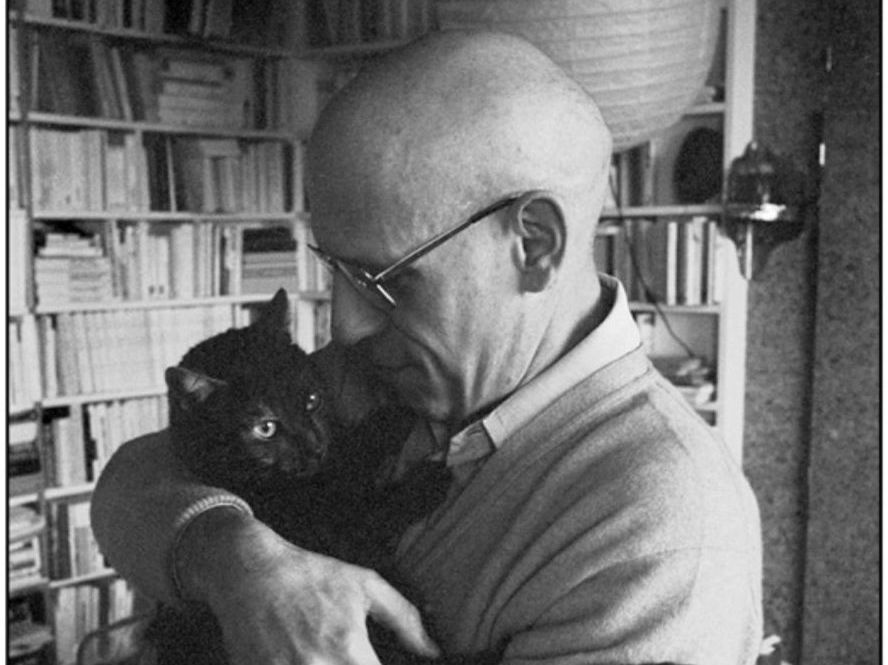
Michel Foucault is widely regarded as one of the most important thinkers of the twentieth century, and his thought continues to influence scholarship across the humanities and social sciences. At its core, Foucault’s critical philosophy seeks to destabilize that which we take for granted in order to make visible the underlying logics and power relations that structure our world and our possibilities of action within it. His richly diverse analyses—or genealogical inquiries, as he might call them—together illuminate how history itself has both long been the site and stake of political struggles and continues to serve as a weapon in the debates which animate our present.
This honors seminar provides a comprehensive introduction to Foucault’s “analytic toolbox” through a careful reading of his analyses of power. Over the course of the semester, we will examine Foucault’s use of genealogy as method of inquiry, his novel reconfiguration of power as a relation of force, and his unmasking of the triangular relationship between subjectivity, power, and truth. All of these elements are constitutive of what Foucault calls the “critical ontology of ourselves,” an ethico-political commitment which remains as—if not more—urgent today as it was in Foucault’s lifetime.
This honors seminar provides a comprehensive introduction to Foucault’s “analytic toolbox” through a careful reading of his analyses of power. Over the course of the semester, we will examine Foucault’s use of genealogy as method of inquiry, his novel reconfiguration of power as a relation of force, and his unmasking of the triangular relationship between subjectivity, power, and truth. All of these elements are constitutive of what Foucault calls the “critical ontology of ourselves,” an ethico-political commitment which remains as—if not more—urgent today as it was in Foucault’s lifetime.
- Teacher: Sabeen Ahmed
